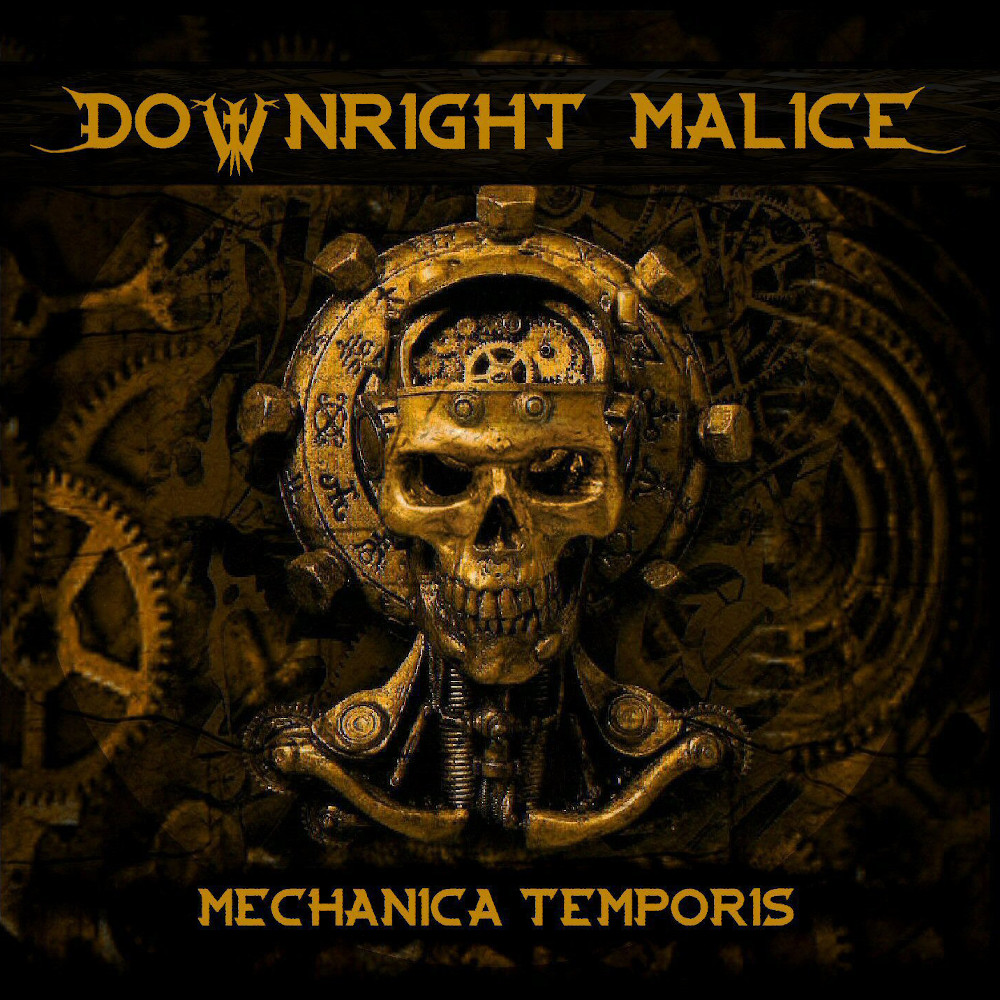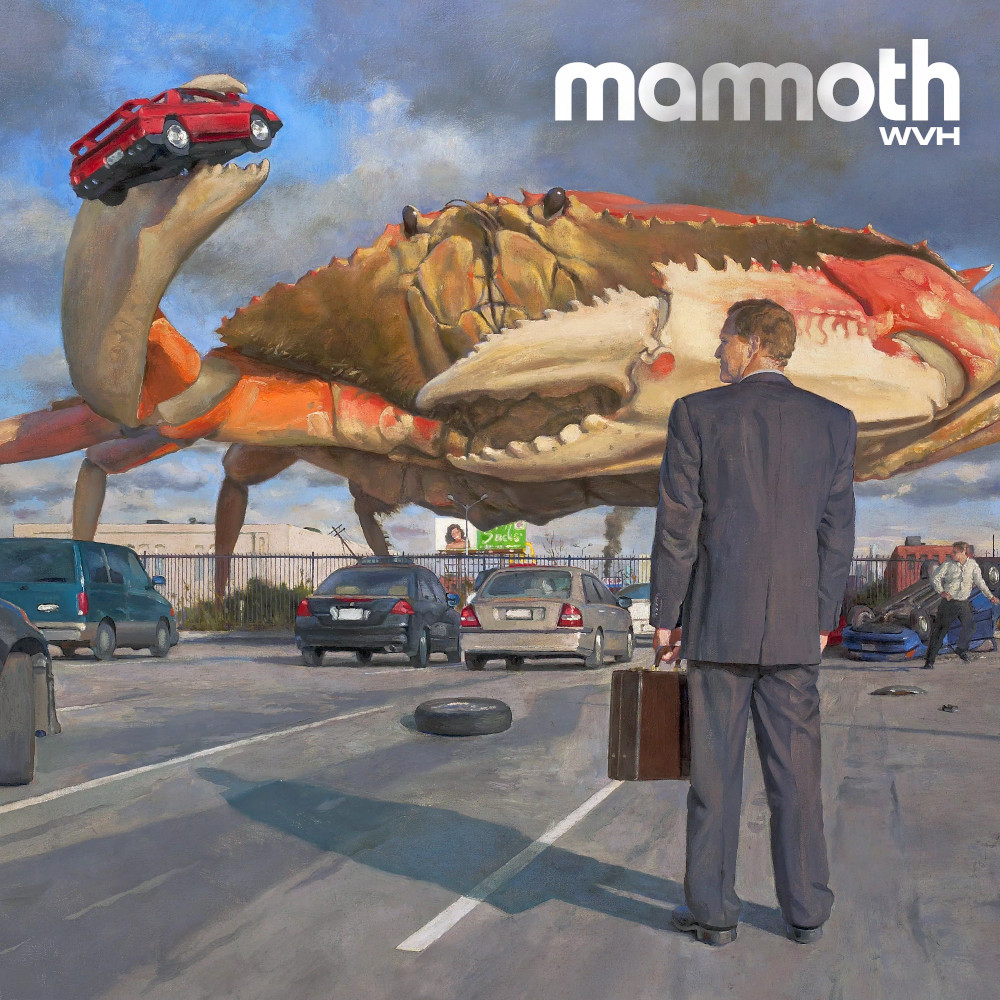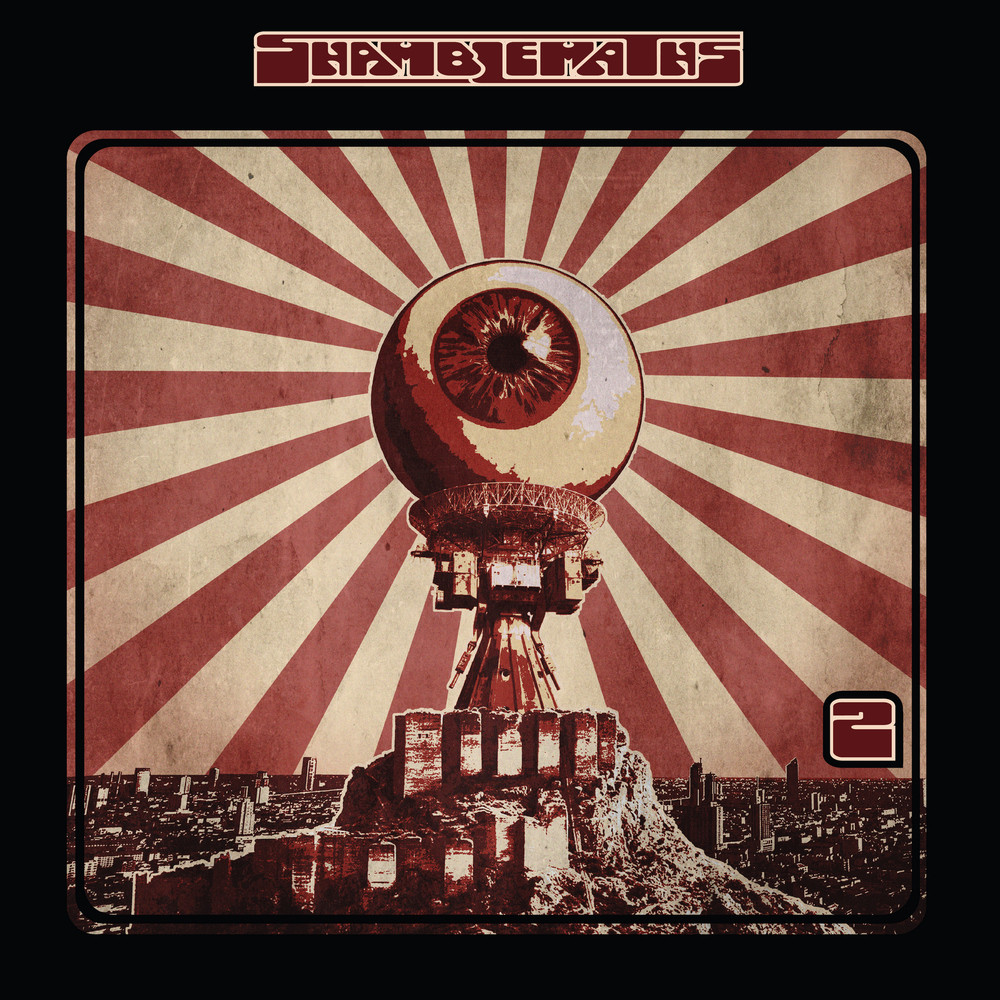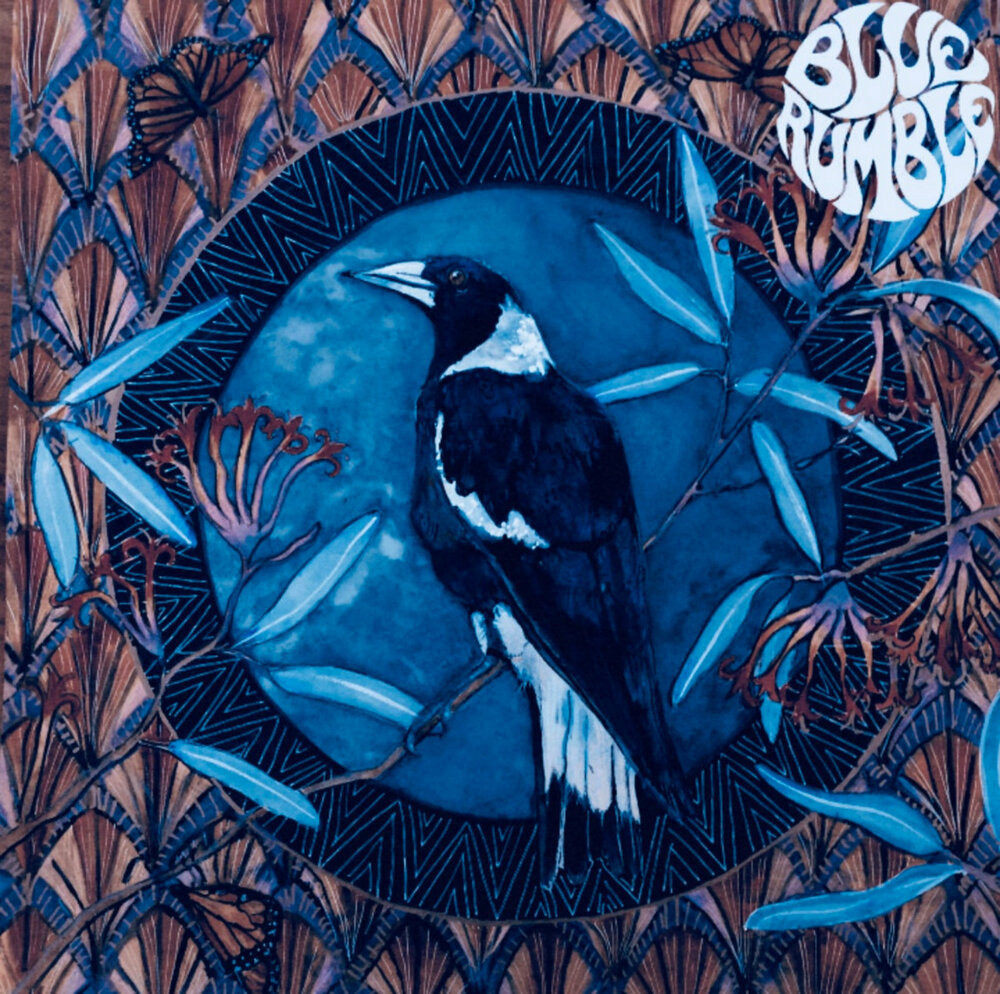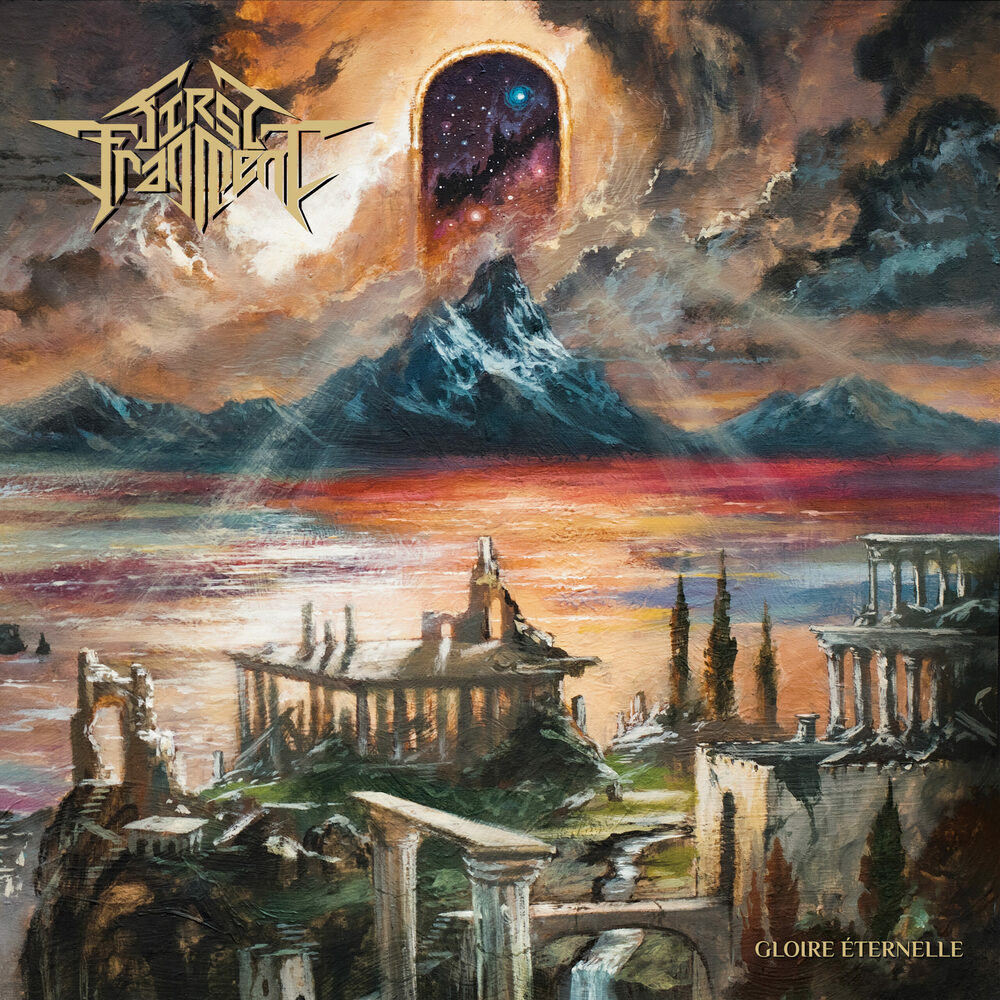 |
Country: India
Style: Stoner/Doom Metal
Rating: 7/10
Release Date: 1 Feb 2022
Sites: Bandcamp | Facebook | Metal Archives | Official Website | Twitter | Vimeo | YouTube
Here's an interesting sound from Bangalore that I wasn't expecting. Well, OK, I was expecting half of it because every stoner/doom metal band on the planet owes at least something to the original gods of heavy metal, Black Sabbath, and it's certainly Sabbath who are obvious here as this album begins with the title track. It's in the guitar tone, which is heavy but clean, and in the mix, which is rather surprisingly very seventies, with the guitar not as overt in the mix as tends to be the norm nowadays. The bass is effortlessly audible too. You don't even have to stretch.
It wouldn't feel like a 2022 album if it wasn't for the vocals. And, if this is mid-seventies Sabbath in its instrumentation, it's not remotely Sabbath in the vocals and that holds true regardless which lead singer you think of. There's no Ozzy at all to be found in Ganesh Krishnaswamy's delivery but there's no Dio either and no Tony Martin, not even an Ian Gillan. What I'd suggest to compare, if you can imagine this, is a proto-extreme metal voice, halfway between Cronos from Venom, albeit not as demonically acerbic, and Tom G. Warrior of Celtic Frost, sans death grunts.
Like both those singers, especially Cronos, Krishnaswamy has a wildly throaty delivery, and it's an extreme voice without ever venturing into death growl or black metal shriek. The key, of course, is that it's not seventies in the slightest, so there's a stylistic clash at the heart of this sound that's a fascinating dynamic. It took me by surprise, but I dig it. It makes Bevar Sea, on their third album in a decade, seem like they found Krishnaswamy in 1983 and hurled him through a time portal to a 1975 studio to jam on Sabbath Bloody Sabbath, though I have to say I got used to the contrast.
Alpha None is a little heavier, adding some Headless Cross era Sabbath to that mid-seventies vibe and edges from Cronos to Warrior theatricality in the vocals. Krishnaswamy sings in English on all these songs and without an obvious accent, but his stylistic approach adds something playful that I don't think would be there if he sang clean. It's probably fair to say that there are points where he slips up a little and gets cleaner, but he never really gets to a properly clean heavy metal voice.
As if to move on through the history of heavy metal into doom, Sterilise the Divide starts slower in a strong chug mode, though it builds well and, after eight and half minutes, it ends far too quickly. The same goes for The Circle at nine minutes and Cadaver Awake at almost ten. This is because my favourite thing about the band is the effortless way they jam. Even if they never manage to leave their obvious Sabbath influence behind, they drift seamlessly back and forth on that sliding scale that runs from psychedelic rock to doom metal and never stop being interesting.
What makes that extra-interesting is that, when a song plays more psychedelic, usually during an instrumental section, they feel British. However, the heavier they get into their doom aspect, the more American they sound. I'd love to hear what influences this musicians have, beyond Sabbath, because it seems to me that they must listen to Trouble and Pentagram more than Candlemass. It seems to me that they ought to be older influences too, because this doesn't feel modern to me in any way except the way they're sliding that scale, except maybe some of the dissonant chords on Cadaver Awake, which feel almost djenty.
There are two prior Bevar Sea albums, a self-titled in 2012 and then Invoke the Bizarre in 2015. It's been seven years since then, but they've only seen one line-up change, Michael Talreja stepping in on lead guitar in 2016 to replace Rahul Chacko. Everyone else: Krishnaswamy, bass player Avinash Ramchander and rhythm guitarist Srikanth Panaman, are founder members, helping to form the band in 2010. I like this sound and wonder how they came to it, because I don't hear a lot of stoner rock or doom metal from India. What I have heard, however, is from Bangalore, because that's the home town of Diarchy too. Is there a scene there?



